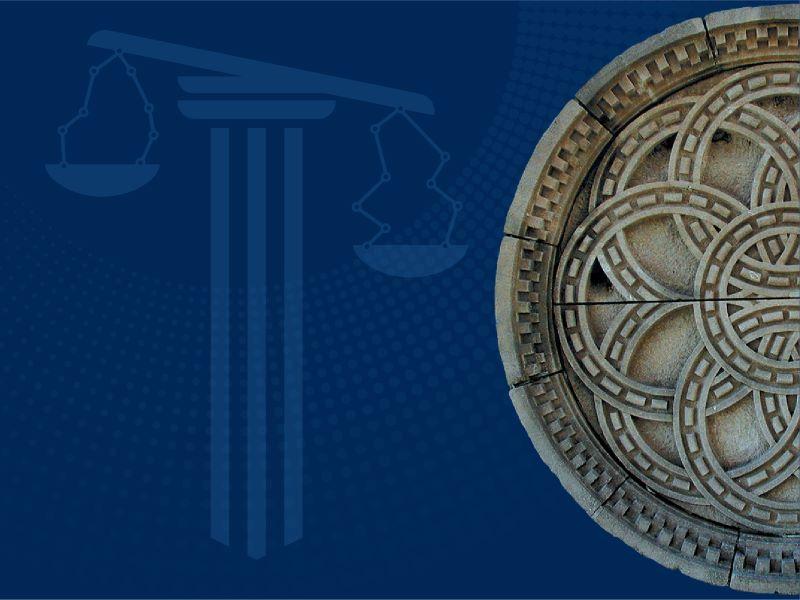CLE Workshop: An Abolitionist Critique of Human Rights: Rethinking Responses to Gendered and Racialized Violence
Center on Law and the Economy Core Workshop Series
Karen Engle, Professor of Law at the University of Texas
More Information
The Murphy Institute's Center on Law and the Economy hosts workshops each semester featuring both Tulane and guest faculty in law, economics, and political science who present their latest research in regulation, civil rights, the criminal legal system, and other key issues in law and the economy. Hosted by Adam Feibelman, Director of the Center on Law and the Economy and Sumter D. Marks Professor of Law at Tulane Law School, CLE workshops are open to faculty, students, and the Tulane community.
Karen Engle is the Minerva House Drysdale Regents Chair in Law and founder and co-director of the Bernard and Audre Rapoport Center for Human Rights and Justice. She teaches courses in public international law, international human rights law, and legal theory. Professor Engle writes on the interaction between social movements and law, particularly in international human rights, international criminal law, and Latin American law. Professor Engle has received prestigious fellowships and has taught at various universities worldwide, most recently as a visiting professor at Harvard Law School.
Abstract
Contemporary international human rights law increasingly obligates states to heighten their criminalization of certain human rights violations, including gendered, racialized, and homophobic violence. This Element uses a prison and police abolitionist lens to challenge this trend. It focuses on the European Court of Human Rights (ECtHR), arguing that the Court’s reliance on criminalization threatens to undo earlier European approaches to penality that resonate with abolitionist thought. It also contends that the criminalization approach provides the Court with an alibi for not recognizing or attending to the deeply structural racialized, colonial, sexual, gendered, and homophobic violence in Europe, particularly but not only against Roma communities and Black and Muslim migrants.
Challenging human rights advocates and judges to take seriously prison and police abolition in Europe and elsewhere, the Element (re)introduces the insights of European penal abolitionists from the 1970s, considering them alongside more recent U.S. abolitionist activism and thought that attends more explicitly to racialized and gendered violence. It calls for the ECtHR to bolster the penal minimalism found in some of its caselaw and pave the way for an
anti-carceral turn among human rights courts.

